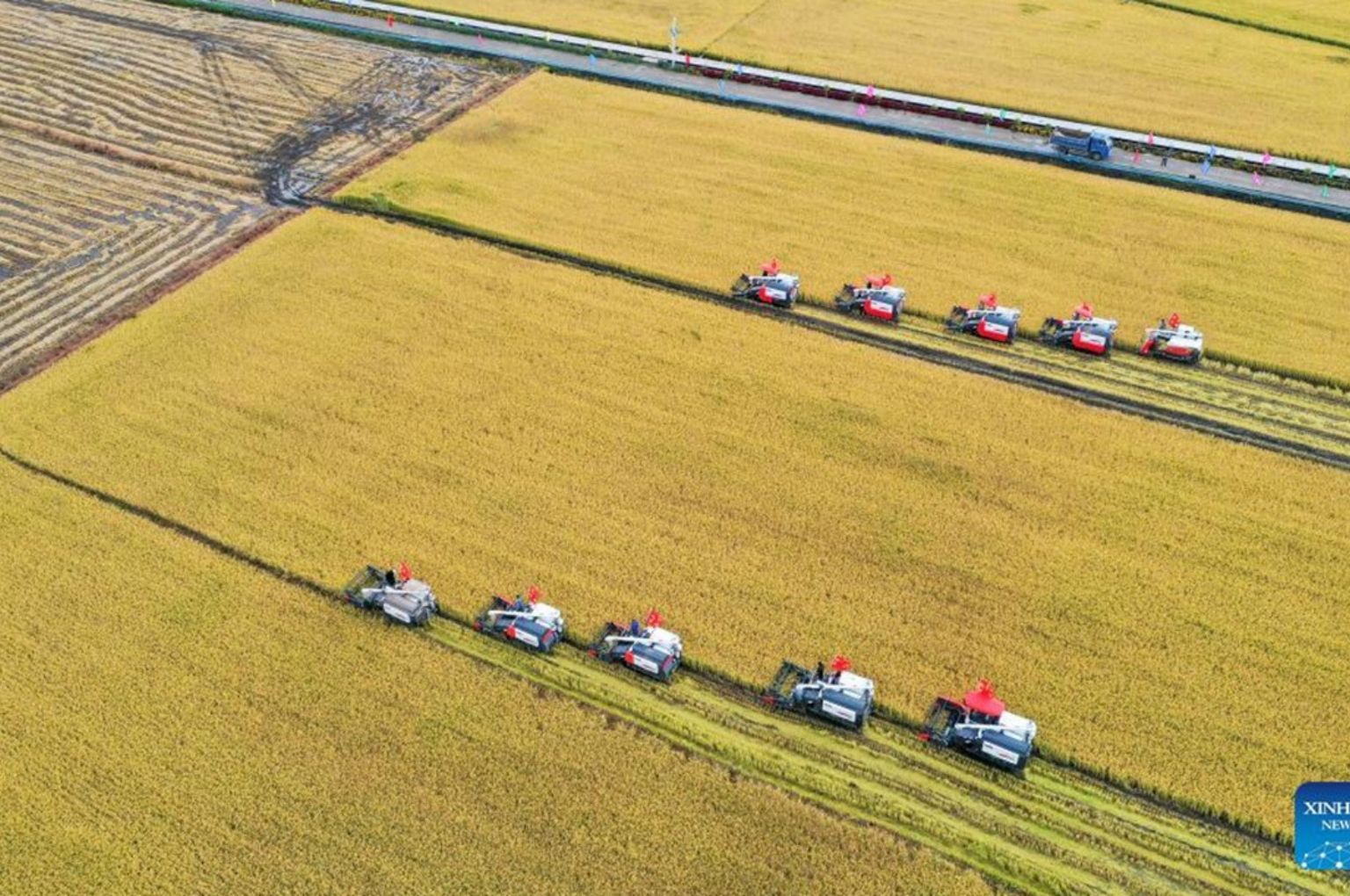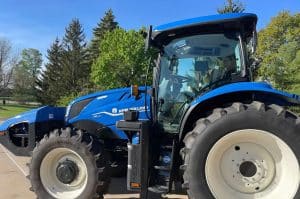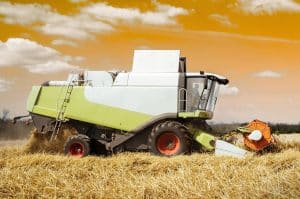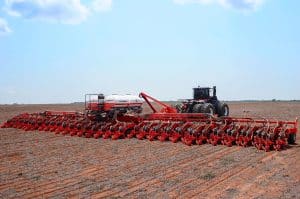Farmers operate rice harvesters during a demonstration event in celebration of the Chinese farmers’ harvest festival at Hongguang Village, Changchun City of northeast China’s Jilin Province, according to Global Times in China.
A variety of unmanned vehicles, instead of farmers, are busy harvesting rice ears in a field in the outskirts of Shanghai. This 300 mu (20 hectares) rice field in Waigang Township, Jiading District, is Shanghai’s first unmanned farm pilot.
Agricultural vehicles equipped with China’s BeiDou Navigation Satellite System (BDS) shuttle between a warehouse and the field, automatically avoiding obstacles in their way to carry out harvesting.
Shanghai piloted the farm in 2020 using unmanned agricultural machinery for plowing, sowing, field management and harvesting. Gao Hao, head of an agricultural service company in Waigang Township, said the construction of the smart farm is still in its initial stage.
The farming area will be expanded to 1,600 mu (100 hectares) next year, while a digital management system will be set up for visualization and traceability of the entire unmanned farming process.
Gao said the unmanned farming in the paddy field slashes cost of human labor by about 100 yuan (15.47 US dollars) per mu a year. If 20,000 mu of paddy fields in the town become unmanned, it would save 2 million yuan.
“It can also help growers control the quality of rice and improve farming efficiency and profits. The income per mu is 1,000 yuan higher than that from traditional farming,” Gao said.
He said nowadays most agricultural machinery operators are getting old. Unmanned farming can attract more young people to agricultural work.
The Shanghai municipal government is eyeing introduction of unmanned farming pilot to 100,000 mu of grain producing areas by 2025, while service stations to help farmers adopt digital management of agricultural equipment will be set up in every township.

![RightSpot Ad Template Digital-1400×190-px[76] Ag Leader RightSpot](https://world-agritech.com/wp-content/uploads/elementor/thumbs/RightSpot-Ad-Template-Digital-1400x190-px76-r316mmc0hgoob9qxmklllnnbxta1nlj7t2vjkoyeek.png)







